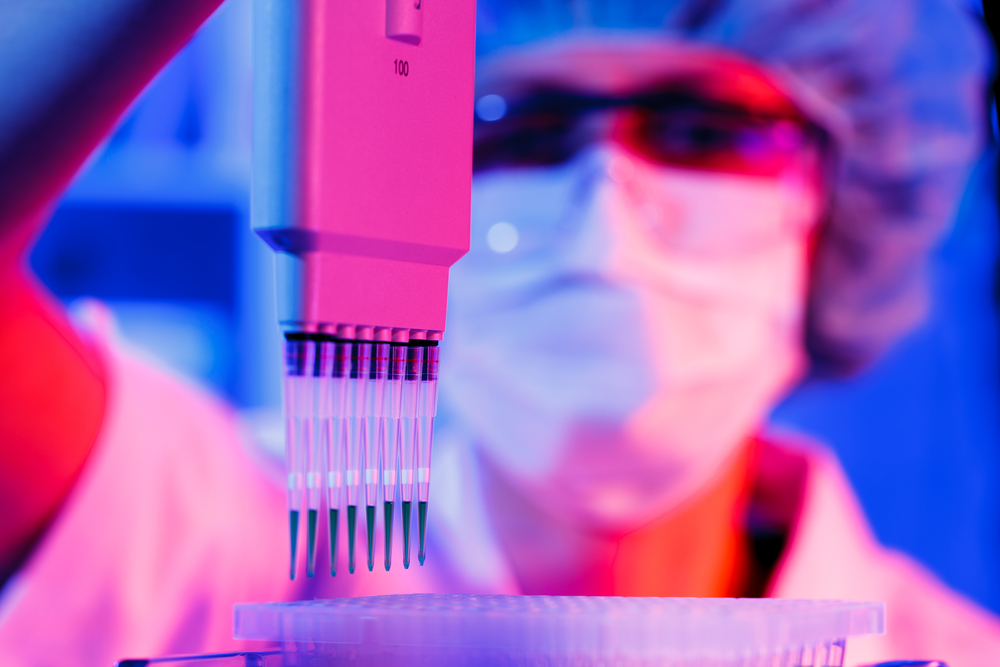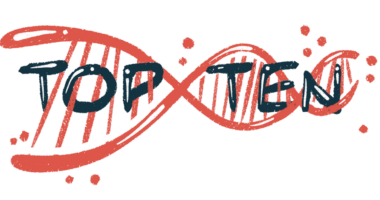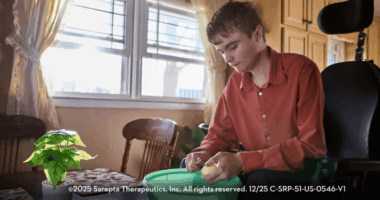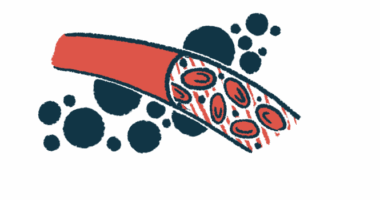FDA Grants Rare Pediatric Disease Status to Myonexus’ MYO-101 for LGMD 2E

The U.S. Food and Drug Administration recently granted rare pediatric disease designation to Myonexus Therapeutics’ experimental gene therapy MYO-101 for the treatment of limb girdle muscular dystrophy (LGMD) type 2E, or LGMD2E.
The announcement was made by Myonexus and Nationwide Children’s Hospital. The designation allows priority review for the adeno-associated virus (AAV)-based gene therapy candidate. FDA priority review is given to therapy candidates that demonstrate potential for significant improvement in safety and effectiveness for the treatment of a serious disease.
LGMD2E is caused by mutations in the SGCB gene, which provides instructions for making the protein beta-sarcoglycan, which is important for the maintenance of muscle tissue.
MYO-101 was initially designed by a research team at Nationwide Children’s Hospital to permanently restore the levels of beta-sarcoglycan protein in the affected tissues and reverse the effects of LGMD2E.
In February 2018, the MYO-101 program was also granted FDA orphan drug status. The regulatory designation recognized the potential of MYO-101 for the treatment of LGMD, which has no approved therapies.
The basis of this designation were studies of MYO-101 in mice, which showed that a single intravenous injection of the gene therapy increased the levels of beta-sarcoglycan protein in all muscles. This was accompanied by improvements in muscle fiber size distribution and mean fiber diameter, along with decreased muscle scarring and fat infiltration.
Interested in Muscular Dystrophy News research? Sign up for our forums and join the conversation!
Six months after treatment, researchers also found a reduction of 85.5% of serum creatine kinase, a biomarker of muscle tissue deterioration. Function, including diaphragm strength and resistance, was also significantly improved, as well as walking ability. MYO-101 was additionally found to reduce spine deformations and normalize cardiac output.
“The FDA’s Rare Pediatric Disease designation for MYO-101 reflects the compelling data underlying the MYO-101 program and the potential to provide a first-ever treatment option for LGMD type 2E,” Michael Triplett, CEO of Myonexus, said in a press release.
In May, Myonexus announced an exclusive collaboration with Sarepta Therapeutics to develop five new therapies targeting various forms LGMD.
These include three clinical and two preclinical stage programs for the most severe and common forms of LGMD. The two companies are planning to launch a Phase 1/2 clinical trial of MYO-101 in 2018, with top-line data to be announced in late 2018 or early 2019.
“We look forward to initiating an i.v. systemic Phase 1/2a trial of MYO-101 later this year,” said Bruce Halpryn, chief operations officer of Myonexus.
In addition to MYO-101, Myonexus is also developing MYO-102 for LGMD type 2D; MYO-103 for LGMD type 2C; MYO-201 for LGMD type 2B; and MYO-301 for LGMD type 2L.
These therapies will also be used by Sarepta for its micro-dystrophin gene therapy program in development with Nationwide Children’s Hospital for Duchenne muscular dystrophy.






